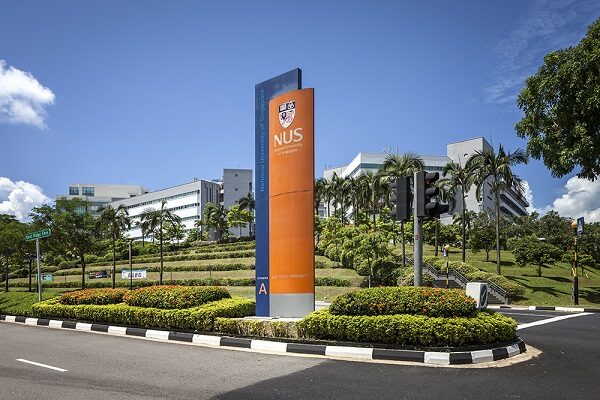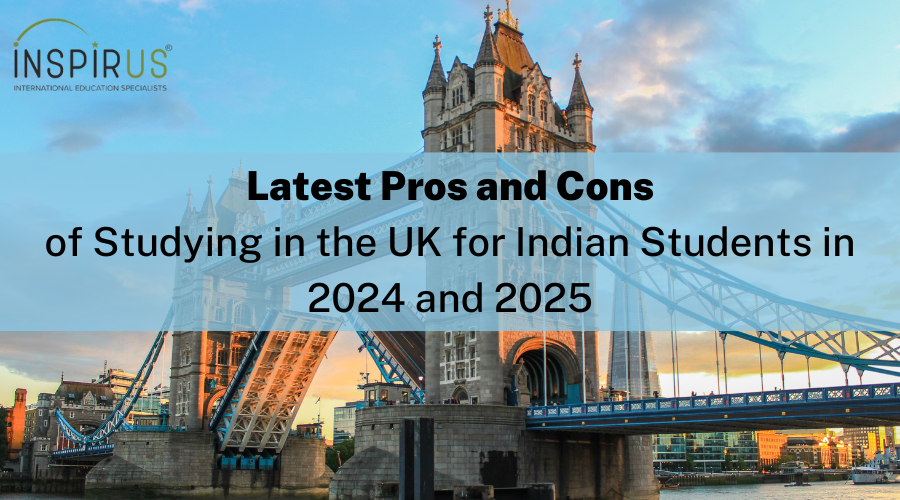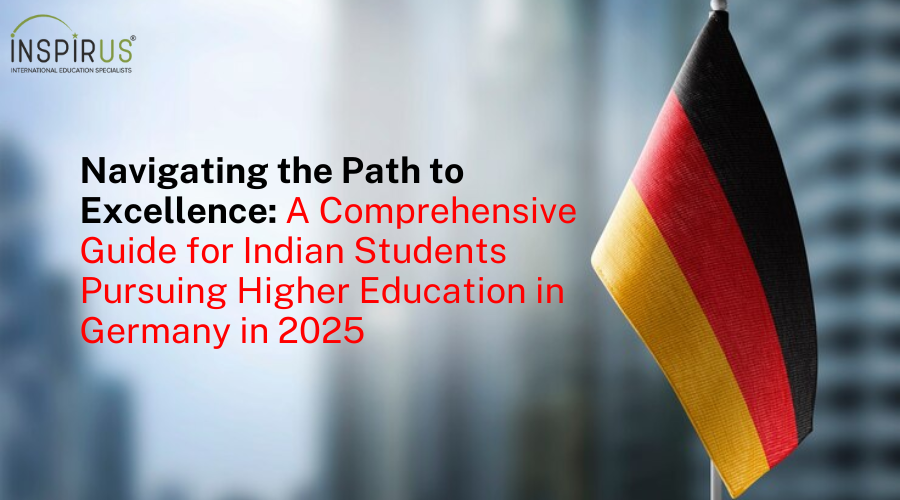
Get in Touch
Call us on: +91 9167255434
OR
Fill in the details to get personalized advice from our experts!

Why study in Singapore?
Singapore is quite known for its tourism industry. What with tourist attractions like Marina Bay Sands, Garden by the Bay, Botanic Gardens, Singapore Zoo. However, it is also a country with top colleges and great educational opportunities. It is a Mecca of Engineers. It is also known for its management studies. Singapore caters to a global audience. The universities are multicultural hubs, safe, strict, clean and green.
FEATURES

ENGLISH LANGUAGE

TOP UNIVERSITIES

WORK PERMIT

SCHOLARSHIPS
![]()
WORK VISA

JOB OPPORTUNITIES
There are a lot of top-ranking universities in Singapore- National University of Singapore (World Rank #11), Nanyang Technical University (World Rank #13). In the last few years Singapore has been recognised as a world leader in research and innovation making it a go-to destination for students. According to QS University Ranking 2014, there has been a strong progress for Universities in Singapore.
The Higher Education in Singapore is managed and administered by the Ministry of Education (MoE). The country has five Autonomous universities and one comprehensive private university. Polytechnics, on the other hand, have the intention of educating middle-level professionals in technical and economic fields with the program ending with an advanced diploma. There are five polytechnics providing specific skills for the workplace.
These are Singapore Polytechnic, Ngee Ann Polytechnic, Temasek Polytechnic, Nanyang Polytechnic and Republic Polytechnic. There are ten branch campuses of foreign higher education Institutions in Singapore offering industry-specific courses of study. Singapore also comprises of two private institutions that provide post-secondary education in the arts. These institutions are: LASALLE College of the Arts and Nanyang Academy of fine arts. Singapore has other government-affiliated educational institutions also that offer specific diploma and degree programs. These institutions include BCA Academy.
A multitude of scholarships, bursaries and funding opportunities are available for the students through the universities or via the government. Trying to lessen your academic expenses can be easily done by looking and applying for scholarships offered by universities as many of them offer assistance to students. These students are accepted to help the university in its research or development in exchange for studying free in Singapore. So, before applying to Singapore for free education, make sure that you earned enough achievements and that you have a great academic record in your previous studies and your country.
This can include good GPA, test scores, and letters of recommendation. Other than research, sports and art scholarships are available in some universities in Singapore. Students in these types of scholarship train and compete in tournaments to bring honour and achievements for their school in exchange for free tuition and, if fortunate enough, free housing. SINGA Scholarships are offered by the Singaporean government for international students wishing to study PhD.
Scholarships can also be availed from private organizations and companies supporting students who are following the career path that will benefit them. Some firms support engineering and architecture students hoping that they will be an asset to the company after they finish their studies.
Singapore is a global business hub. Singaporean universities have made significant breakthroughs in modern technology and science. A lot of job opportunities are available in the field of technology, business management etc. Singapore’s location in Southeast Asia and its status as a global transport hub makes exploring the rest of the subcontinent easy.
The global employability rankings of NUS, NTU, SMU are very high. The National Institute of Education, an autonomous institute, under the Nanyang Technological University is the only tertiary level institution providing both pre- and in-service teacher education at all levels of teacher training. The Institute of Technical Education (ITE) provides full-time institutional training for school leavers and offers part-time Continuing Education and Training (CET) programmes for working adults.
Therefore, it comes as no surprise that Singapore is home to novel infrastructure facilities, high standards of living as well as an iconic healthcare system. This is only supported by notoriously strict laws in the country such as those that prohibit chewing gum and smoking in public places.
The cost of living in Singapore is high. The average monthly expenses are 922 SGD- including meals, hostel, transport etc.
A major factor contributing to the cost of living in Singapore is accommodation. It is important to determine where you choose to live. The prices for housing and accommodation are fairly high. But it can be solved. If you choose to move a bit to the outskirts of the city, it can help you to rent a flat for a lesser amount. You can always visit the city with the help of public transport. Singapore has a very well-developed rental sector, though it can be a little steep in your pocket. The monthly rent is 2,700-3,000 SGD (1,50,000-1,65,000 INR) for a one bedroom apartment (in the city); and 1,900-2,200 SGD (1,04,000- 1,21,000 INR) for a one-bedroom apartment (outside of city).
Healthcare in Singapore is very strong. People who have permanent residency in Singapore may be eligible for state-backed health insurance, which helps with some of the costs of medical care. It is advisable that the person living in Singapore takes private health insurance to make sure that they are covered for all eventualities. A checkup can cost around 50 SGD.
Public transport is great in Singapore. There are parts where the city is congested, so using public transportation is great for a daily commute. The average monthly bus/transport pass costs 100-120 SGD (5,500-6,600 INR). The taxi tariff for an 8km journey costs 12-15 SGD (650-850 INR) on an avg.
Hence, it can be safely said that to enjoy an occasional meal, a movie in a month or even just enjoying a cup of coffee would require you to have around S$300 – S$500 per month as your entertainment expenses/ pocket money.
The average monthly cost of the internet is 40 SGD, call rates/minute are 0.2 SGD, books and stationary are around 150 SGD and a haircut costs 35 SGD.
For in-depth information on the universities, courses and guidance for admissions and applications, please read more
In order to apply to Singaporean Universities, the following documents are necessary.
- Attested copies of mark sheets of Standard X, XII, and the Bachelor’s degree (if applicable).
- 2 academic reference letters from a teacher or professor who has taught you most recently.
- 2 LOR from employer/manager who can comment on professional abilities for MBA courses.
- SOP
- IELTS/TOEFL score reports
- CV/Resume
- GMAT- required for MBA courses. There is not much focus on GRE.
- Portfolio (for students applying for art, design or architecture programs)
- Certificates of Achievements (Academic, Co-curricular and extra-curricular)
- Proof of funds
- Very competitive admissions– Singapore sets high standards for its academic studies. Admission is significantly competitive. Furthermore, when considering the fact that the country is home to only 6 major universities (excluding private institutions) and that Singapore is a very popular study destination, it comes as no surprise that these universities are highly selective as they receive a large number of applications on an annual basis. Universities tend to set a specific quota for the number of international students that are accepted. High academic scores are required in +2 and +3 for admission to these universities. Early application is important to many universities as it saves up their time especially when they set deadlines. Applying early says a lot about the student’s personality. It means the student is responsible, flexible, and organized. It gets the attention of the universities because they want students that they can rely on tasks and not tardy on due dates. Once you apply early, you might also have a better chance of getting admitted because your portfolio or information sheet will be read first.
- High cost of education– University education is free only for national and local students of Singapore. International students are required to pay tuition fees for their studies. The course fees range from 24,000 to 60,000 SGD for 3 years. However, they are subjective to the university (Avg 30,000 SGD). In the case of programs in the field of Medicine or Dentistry, the tuition tends to be approximately a quarter higher than the standard fees. Singapore is frequently referred to as the global ‘garden city’ of the world due to the striking balance between its authentic culture and globalised western modernity. It is one of the fastest growing nations in the world. However, the cost of living there is also high. The average monthly expenses are 922 SGD- including meals, hostel, transport etc.
- Tuition grant scheme– The Tuition Grant Scheme was introduced by the Government to help students with the costs of tertiary education in Singapore. The Scheme is currently open to students enrolled for the full-time diploma or undergraduate courses in the Institutes of Higher Learning (subject to guidelines under existing policy). Singapore Citizens will be automatically awarded a Tuition Grant without the need for application. There is no bond obligation required of Singapore Citizens. For all non-Singaporean students (including Singapore Permanent Residents), in exchange for the grant received under the Tuition Grant Scheme, they are required to apply for Tuition Grant (subject to MOE’s approval) and sign a Tuition Grant Agreement in which they will be contractually obliged to work in a Singapore entity for three (3) years upon graduation.
Summarizing, Singapore has impeccable educational standards. The highly competitive admissions are a gateway to a range of opportunities. Though the cost of education and living expenses are high, scholarships are given by universities. Singapore is not just a holiday destination but an important business center for multinational companies. Its simple visa process is another factor luring more and more international students.








